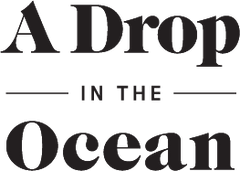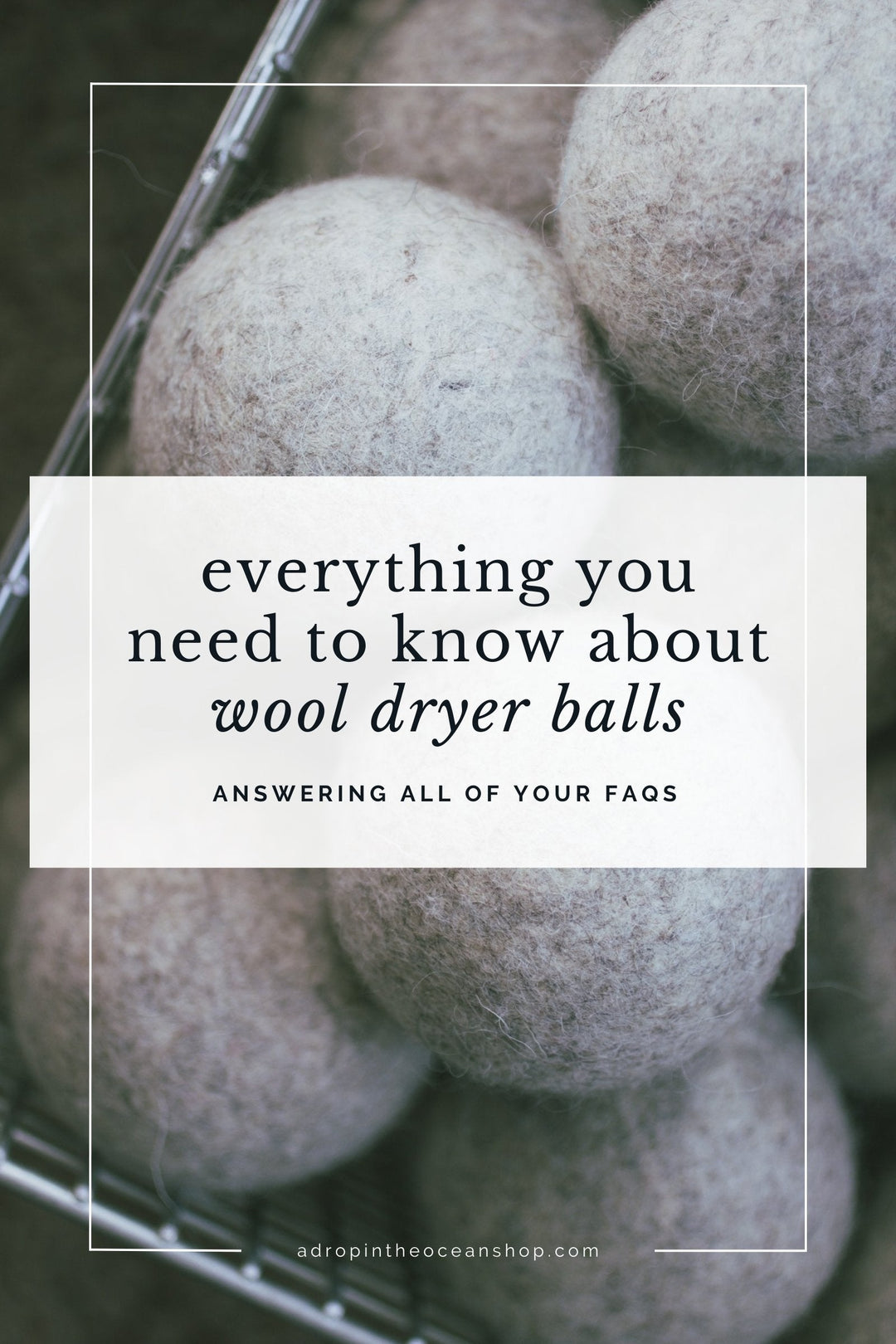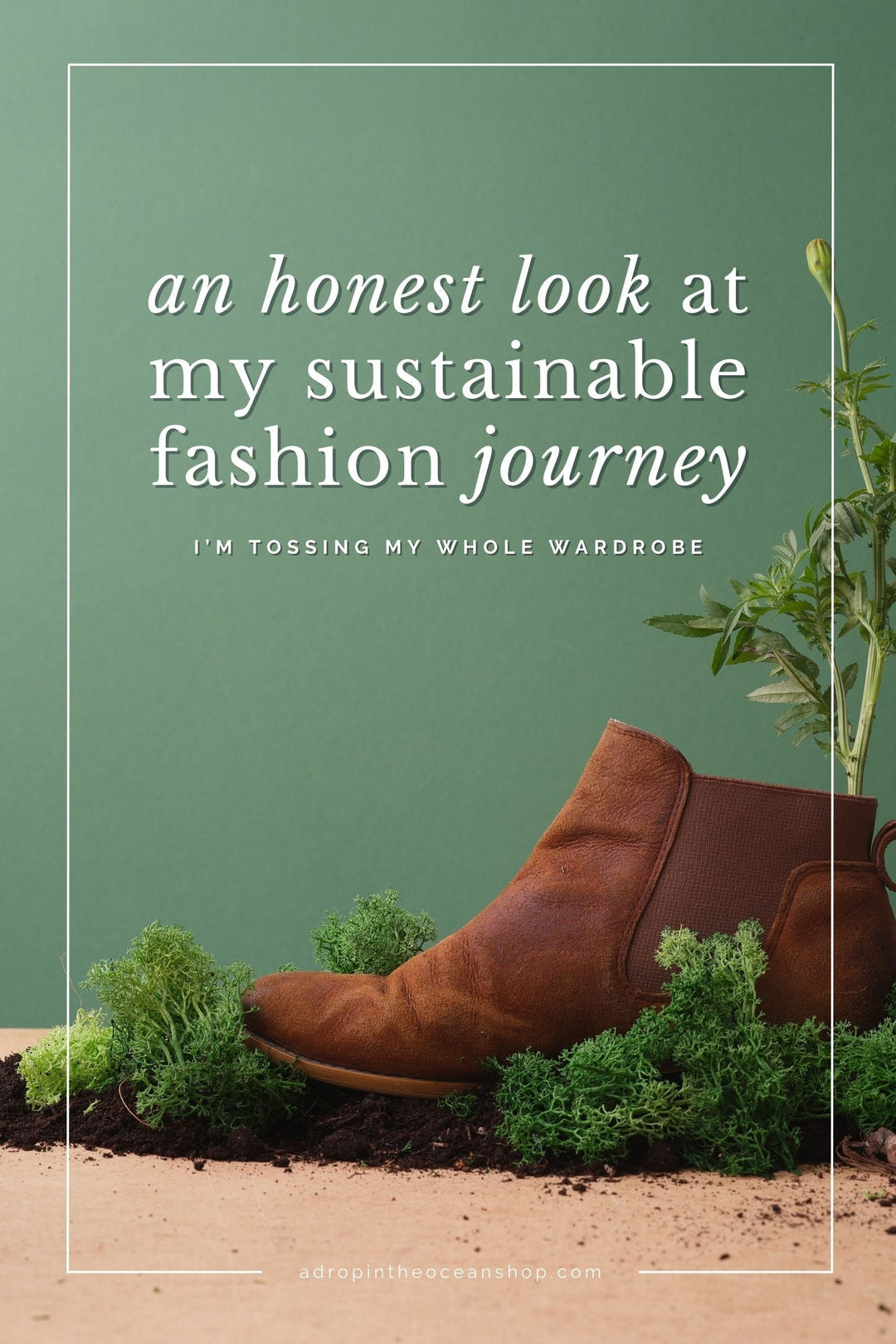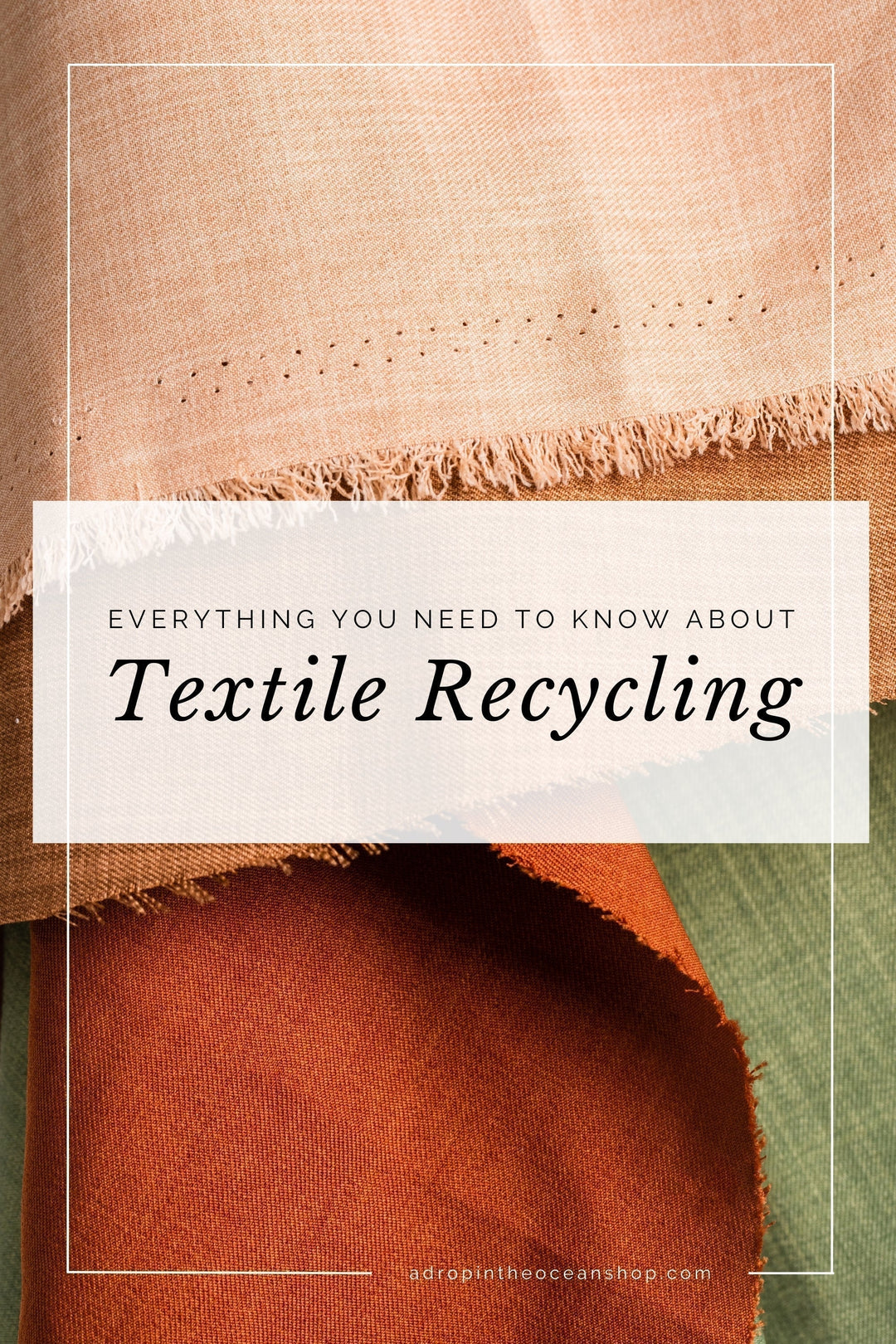Why Plastic Isn't the Problem
Two weeks ago a video popped up on my Facebook feed titled “What if plastic was never invented?” As I watched it, I found myself experiencing several conflicting thoughts at once. With the plastic free, zero waste, and low impact movements gaining traction, plastic has become vilified, but plastic isn’t really the problem.
A Bit of History
Plastic is so commonplace today that we often forget that it really wasn’t invented all that long ago, and it was actually invented for a really good cause. In the 1860s, a billiards supplier offered a “handsome fortune” of $10,000 to anyone who could invent an alternative to ivory for billiard balls. While the first alternative created was not actually a great solution for billiard balls, it was an effective alternative for ivory in combs, and led to the invention of several other types of plastics.
Today, around 100 elephants are killed each day for their ivory, and their populations have dropped by 62% over the last decade. Without plastic, that number would be immensely higher. We may not even have elephants today were it not for plastic.

During World War II, resources were limited, and plastic was used in every possible way for the war effort. Many historians actually credit plastics just as much as military capabilities with the outcome of the war. Without plastic, we would be living in a drastically different world today.
It wasn’t until 1955 when our plastic problems truly began.
Once WWII was over, we not only had created several types of plastic, but we had mass production capabilities. When we no longer had a war to supply with plastic, the plastic manufacturers needed a new customer base. They turned to the average consumer.
In 1955, LIFE magazine published an article titled Throwaway Living, praising disposability. Until this time, disposability was absurd. Products were designed to last. The idea of using something once and throwing it away simply made no sense. But the article celebrated this new lifestyle. “No housewife need bother” doing the dishes anymore - just throw them in the bin instead! Suddenly, disposability was cool.

Image credit: LIFE magazine, 1 August 1955
This is the power of manufactured demand. Throwaway Living is credited with launching our disposable society.
Yes, plastic is choking our oceans. But it’s not really the plastic’s fault. By only addressing the plastic problem, we ignore the root cause.
Our Relationship with Stuff
If we get rid of plastics, we’ll simply replace it with something else. Perhaps glass, aluminum, or cardboard. All of which are highly recyclable, and even food-soaked cardboard can be composted. This sounds great, right?? But glass, aluminum, and cardboard still require resources to create, and are not always recycled. Producing more glass, aluminum, and cardboard will still strain our environment. It may not entangle seals or cause starvation in birds, but we’ll still extract valuable resources from the earth, harm habitats and ecosystems, and send a lot of perfectly usable resources to landfill.
We live in a society dominated by overconsumption. We do not have respect for our belongings.
I recently read an Amazon product review praising a product for being “sturdy enough to use again if I feel like it, but cheap enough I can just throw it away and buy more if I want.”
This. This is the problem. We are habituated to buy products with the sole intention of throwing them away.

“There is no such thing as away. When we throw anything away, it must go somewhere.” - Annie Leonard, The Story of Stuff
Let’s not vilify plastic. Let’s remember its usefulness, its purpose, and its benefits. Let’s remember that I’m writing this post on a laptop made of plastic. Let’s remember that without plastic, our medical advancements would basically be non-existent.
Let’s rethink our consumption habits. Let’s rethink our relationship with stuff. Let’s put value back into our possessions.
“Our trash tells a story...a story about what we value.” - Andrea Sanders
Plastic is a non-natural, non-biodegradable, hardly-recyclable material. While it is important that we find a suitable alternative, it is even more important that we rethink, refuse, reduce, and reuse.
What are your thoughts on the plastic problem?
Related:
Is a reusable straw better than a plastic one?
The Ultimate History of Single-Use Plastics: How did we become a disposable society?
What exactly does the chasing arrows recycling symbol mean?









Aren’t some plastics natural? You get rubber from Rubber Trees. And don’t squid contain plastic? It certainly seems to be plastic I pull out of them to use them as bait when I go sea fishing.
Nice article, I totally agree. I do business in waste management focusing recycle plastic waste in Indonesia. Our challenge here in Indonesia is that the society still won’t sorting their waste before thrown it away. And for me it’s my government because they don’t care about edacute Indonesian about their waste. If you want to see the impact of Indonesian government ignoring to edacute my people about our waste you can search on youtube title ‘bantar gebang bekasi’ totally sad and frustrating. Thankyou for reading my comments
Plastic has many useful properties such as being waterproof, durable and it can be made into many useful objects that are not meant to be thrown away, eg. Plastic chairs. The plastic problem, when seen only from the angle of bags or bottles choking sea creatures, falls short of intelligence and logic. We see many styrofoam cups and plates causing similar issues yet no one is concerned about that. In fact, plastic is more recyclable than styrofoam is. So, when we rethink about usage of things, we need to take into consideration both the advantages and disadvantages of a material, bearing in mind that it isn’t so much the material itself that poses a problem but rather how and why we use them. The problem is man, not material. Man doesn’t have the good-heartedness to ensure the safety of other living creatures. If man can simply NOT litter, whether it is in the waters or on the ground, no living creature, including other humans, will suffer. If man can find alternative methods and technology to make full use of these non-biodegradable products, we’ll be able to maximise the benefits of using them and minimize harm/damage.
Enjoyed reading the article. Agree with the last comment – stop expecting corporations to do something about it. It irks me that these fast food places serve drinks in plastic cups. A local restaurant called Risky’s Barbeque provides drinks in sturdy plastic cups as if I want to keep their ugly cup with logo in my home – they give me the ick.
Stop expecting governments and corporations to do it for you. Be the change you wish to see.
Leave a comment